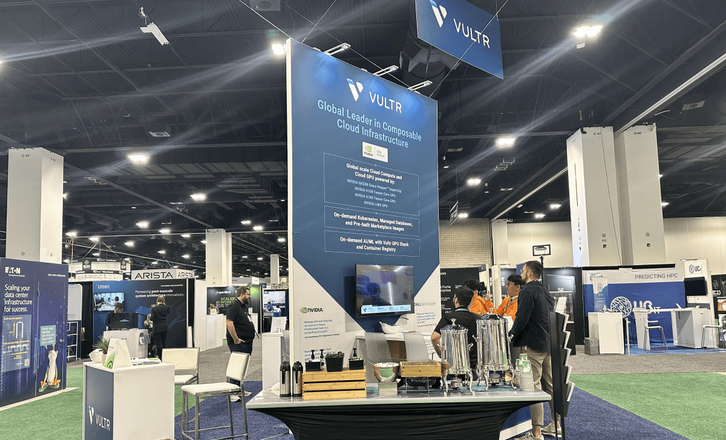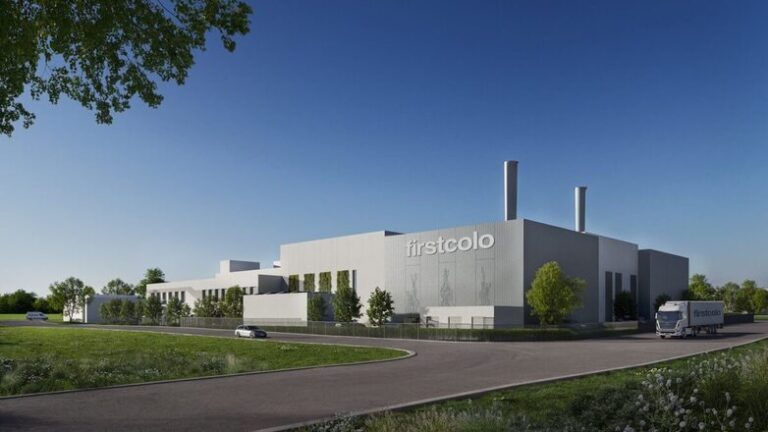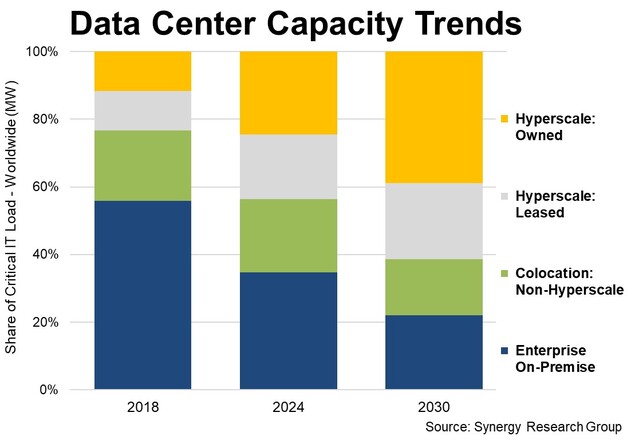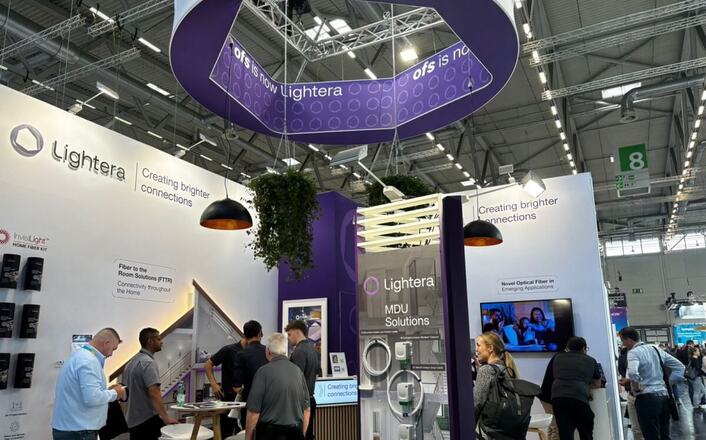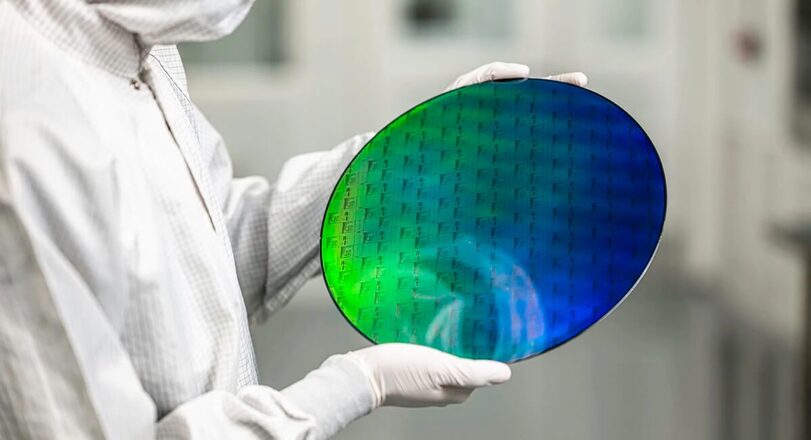
Quantum computing start-up PsiQuantum has secured $1 billion in fresh funding to accelerate its ambitious plan to build the world’s first utility-scale, fault-tolerant quantum computers. The Series E round, announced this week, values the company at $7 billion and represents one of the largest single investments to date in quantum technology.
PsiQuantum says the capital will be used to establish sites in Brisbane, Australia, and Chicago, where large-scale systems can be deployed and validated, while advancing the performance of its quantum photonic chips and its error-corrected architecture.
The round was led by funds and accounts managed by affiliates of BlackRock, with participation from Temasek and Baillie Gifford. New investors include entities managed by Macquarie Capital, Ribbit Capital, NVentures – NVIDIA’s venture arm – Adage Capital Management, Qatar Investment Authority, Type One Ventures, Counterpoint Global (Morgan Stanley), 1789 Capital, and S Ventures (SentinelOne). Existing backers, including Blackbird, Third Point Ventures, and T. Rowe Price Associates, also participated.
Founded in 2016 by scientists Jeremy O’Brien and Pete Shadbolt, PsiQuantum has built its mission on the principle that commercially relevant quantum computing requires fault tolerance at the million-qubit scale. Current quantum prototypes across the industry typically operate with only a few hundred qubits and face challenges of scaling, stability, and manufacturability. PsiQuantum argues that photonic qubits – encoded in particles of light – offer a practical pathway, since they can be fabricated using established semiconductor processes.
Prof. Jeremy O’Brien, the company’s CEO, described the strategy as a deliberate choice to tackle engineering barriers head-on rather than treating the project as an open-ended scientific experiment. “Only building the real thing – million-qubit-scale, fault-tolerant machines – will unlock the promise of quantum computing,” he said. “We tackled the hardest problems first at the architectural and chip level, and are now mass-manufacturing quantum photonic chips at a leading U.S. semiconductor fab. With this funding, we’re ready to take the next decisive steps.”
Central to that progress is PsiQuantum’s integration of Barium Titanate (BTO), a high-performing electro-optic material, into its manufacturing process. BTO enables ultra-fast optical switches, considered a missing piece in the scalability of photonic quantum computing. PsiQuantum has already demonstrated the ability to produce 300-millimeter wafers of BTO in its California facilities, later combining them with wafers manufactured at GlobalFoundries. The company believes scaling BTO production is essential not only for quantum systems but also for next-generation AI supercomputers, which are increasingly demanding low-power, high-speed optical networking.
The photonic architecture sidesteps some of the most visible hardware limitations faced by competing quantum technologies. Unlike superconducting qubits, which require bulky cryostats resembling chandeliers, PsiQuantum has designed a modular high-density cooling solution resembling data center racks. Each cabinet can cool hundreds of quantum chips simultaneously. The company has also demonstrated high-fidelity networking between cabinets using standard telecom fiber, which is expected to be essential for distributing workloads in utility-scale machines.
Collaboration with NVIDIA
Pete Shadbolt, PsiQuantum’s Chief Scientific Officer and co-founder, said the company has reached a critical stage. “Nearly nine years after we started, we have pushed the technology to an unprecedented level of maturity and performance. We have the chips, we have the switches, we have scalable cooling technology, we can do networking, we have identified the sites, and we have both commercial and government support. We’re ready to get on and build utility-scale systems.”
The company’s collaboration with NVIDIA adds another dimension. Beyond its investment through NVentures, NVIDIA is working with PsiQuantum on areas such as quantum algorithms, GPU-quantum processor integration, and software frameworks tailored for silicon photonics. As hybrid quantum-classical computing becomes a near-term priority, integration between GPUs and QPUs is expected to be vital for enterprise and scientific workloads.
The Brisbane and Chicago sites will serve as the foundation for the first generation of PsiQuantum’s large-scale deployments, supported by government partnerships and local infrastructure initiatives. The company says these facilities will enable it to validate systems integration at scale, a prerequisite for commercializing machines capable of solving problems beyond the reach of classical supercomputers.
PsiQuantum has been scaling its manufacturing capabilities since its $450 million Series D in 2021. At that time, it announced a partnership with GlobalFoundries to fabricate integrated photonic chipsets containing the core elements of a quantum computer. These chips, designed by PsiQuantum, already exceed the performance of previously state-of-the-art photonic devices, according to the company. With the new financing, PsiQuantum says it can move from experimental prototypes toward production-grade systems that enterprises and governments can realistically deploy.
Quantum computing remains a field characterized by both vast potential and profound technical uncertainty. Proponents argue that fault-tolerant quantum machines could revolutionize sectors such as drug discovery, materials science, logistics, and cryptography by solving problems intractable for classical systems. However, the technical hurdles to achieve large-scale, error-corrected qubits have kept the field in the realm of research labs. PsiQuantum’s billion-dollar raise underscores both the appetite among investors for breakthrough technologies and the growing conviction that photonics may offer a faster route to scale than competing approaches.
As competition intensifies among quantum start-ups, tech giants, and national initiatives, PsiQuantum’s latest move positions it as one of the best-funded independent players in the race. With manufacturing partnerships in place, a billion-dollar war chest, and the backing of institutional investors and strategic partners, the company is now entering a decisive phase where promises of scale will be tested against the realities of engineering execution.
For enterprises, the developments point to a potential timeline where commercially useful quantum computing may emerge sooner than many expected, though the exact timeframe remains uncertain. For PsiQuantum, the Series E funding signals confidence that after years of foundational work, the path toward a million-qubit machine is not just theoretical but increasingly tangible.

